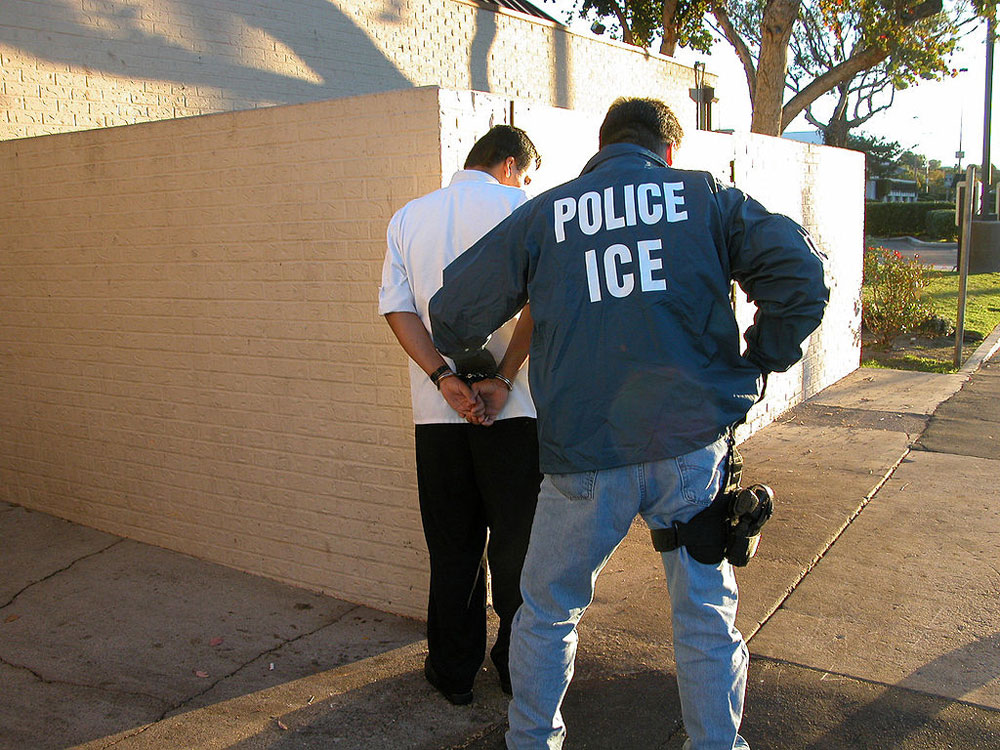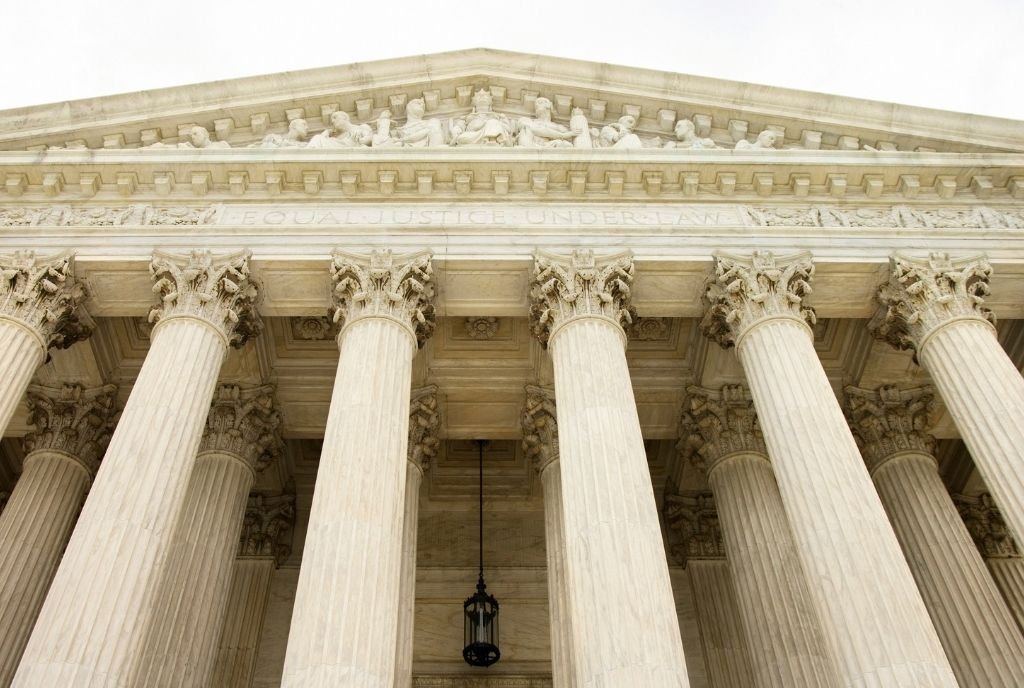
In July, immigrant communities ran for cover. Their supporters were issuing warnings that Immigration and Customs Enforcement (ICE) agents were on the way. A new national effort to sweep up thousands targeted for deportation under expedited removal was in the works. Preemptive steps to keep people out of harm’s way proved successful; only 35 people were detained.
The immediate threat may have passed, but a deeper, more insidious harm continues as immigration policies and rhetoric become harsher. Ongoing threats of arrest and deportation and the vilification of migrants by the Trump administration have a broader negative impact, making immigrant lives, as NPQ recently noted, “less secure and more dangerous.”
Hamutal Bernstein, the lead author of a recently released Urban Institute report, describes how communities are being impacted in comments reported by CityLab:
If people are afraid to leave their houses or drive their cars, it threatens a lot of things: They may not be able to get to work; they may not be able to take their kids to school, or access medical care. This dynamic can affect not only the members of those families but also the broader community that benefits from all residents having their basic needs met—being able to work, and being able to report crimes to support public safety.
Documented and undocumented people alike feel the pressure. Regulatory changes proposed last spring threaten the status of immigrants who do have documentation. Economic or medical emergencies present a cruel choice: preserve the right to work and a pathway to citizenship, or care for their households. Loss of one’s green card revives the threat of deportation; according to CityLab, this leads people to refuse assistance.
Sign up for our free newsletters
Subscribe to NPQ's newsletters to have our top stories delivered directly to your inbox.
By signing up, you agree to our privacy policy and terms of use, and to receive messages from NPQ and our partners.
This leaves qualifying low-income families without food stamps, housing assistance, or Medicaid, because they’d rather risk hunger or sickness than getting detained. That suppression has cascading effects. Expectant mothers delay getting care. Sexual assaults and other crimes go unreported. Mobility can be severely limited, because drivers fear being ticketed for a traffic violation and being detained, leading to job loss and financial precariousness.
The administration’s continued negative focus on people of color exacerbates the pain.
[Latinx] adults were three times more likely to report avoiding public spaces and governmental interactions than [non-Latinx] white adults. This bolsters evidence that what scholars have identified as a “racialized legal status” can have detrimental effects on people’s well-being, regardless of technical legal status.
One response to danger is to withdraw from public spaces and stay out of sight. Isolation from neighbors and the broader community takes a psychological toll that has long-term consequences. It leaves people feeling they are in hostile territory and separate from the community they migrated to join. It builds barriers that keep out schools, hospitals, and law enforcement agencies. Crimes go unreported. Illnesses are less likely to be treated. Children miss out on education. Jobs go unfilled and work remains undone.
The widespread effort to alert communities to impending ICE raids and the willingness of local governments to stand with new residents under the banner of “sanctuary cities” puts forward a counterbalancing force. As Annie Chen, the director of the Vera Institute’s Safety and Fairness for Everyone (SAFE) network, explained to CityLab, “When community members understand and see that their local government is providing them a service that protects their rights—tries to guarantee the due process and rights they have—we believe that will also translate to broader trust in institutions. That translates to other benefits, too, like trust in police, trust in health care systems, and trust in schools.”—Martin Levine












